There’s nowhere quite like China. This sprawling East Asian country boasts some of the world’s most futuristic cities along with breathtaking nature spanning nearly every possible climate.
The food’s delicious, the culture is rich, and the people are kind. China is a complete package, and after just one trip you’ll be planning your next visit!
I’ve been to China four times, as my stepmum is from the country and her family lives there. I’ve also solo travelled around China every time I’ve visited.
But, before visiting China, there are a few things you should know. Generally, China is an exceptionally safe (after visiting 75 countries, I probably feel safest in China) and fun country to travel in, but language barriers and cultural differences mean that there are a few tips you can take on board to ensure your trip here is as hassle-free as possible.
So, after four trips to China, and lots of advice from my Chinese family, here are all my China travel tips!
Book train tickets in advance
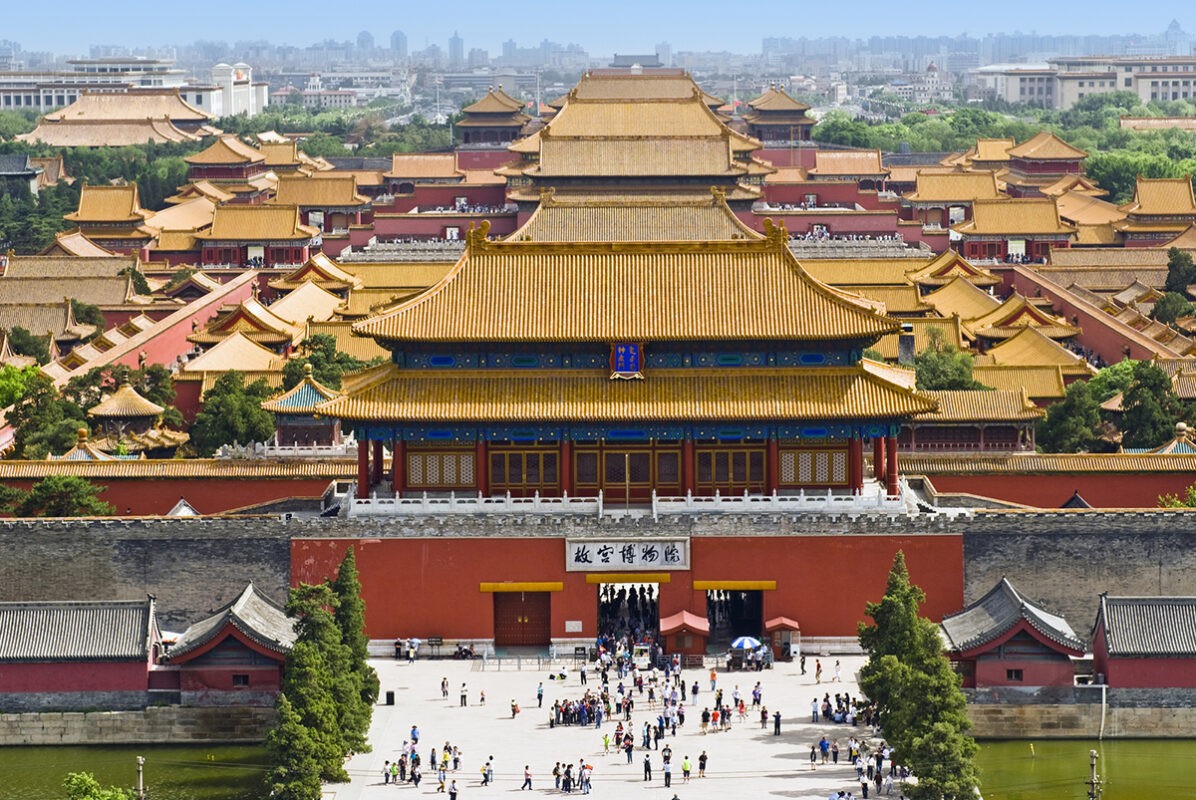
High-speed trains are a popular way to travel between cities like Beijing, Shanghai, and Guangzhou.
But booking tickets in advance is crucial, especially during peak travel seasons, so you can secure your seat and preferred travel time. I always book my sleeper train tickets around a month in advance to ensure I get the sleeper I want!
Use apps like Ctrip or China Railway’s official website for reservations.
Download DiDi for ride-hailing
DiDi is China’s leading ride-hailing app and is a convenient alternative to traditional taxis.
The app supports international credit cards and can be switched to an English interface.
Of course, to use this app, you’ll need internet – so it works best if you have data in China.
Learn basic Mandarin phrases

Knowing a few essential Mandarin phrases can significantly enhance your travel experience in China, especially if you’re travelling solo.
While major cities have English signage, communicating in Mandarin can help in interactions with locals and in less touristy areas. Everyone appreciates a “Ni Hao”, even if they can speak English!
Download translation apps like Google Translate or Pleco (a Chinese dictionary app) for real-time assistance.
Join a tour if you’re nervous about travelling
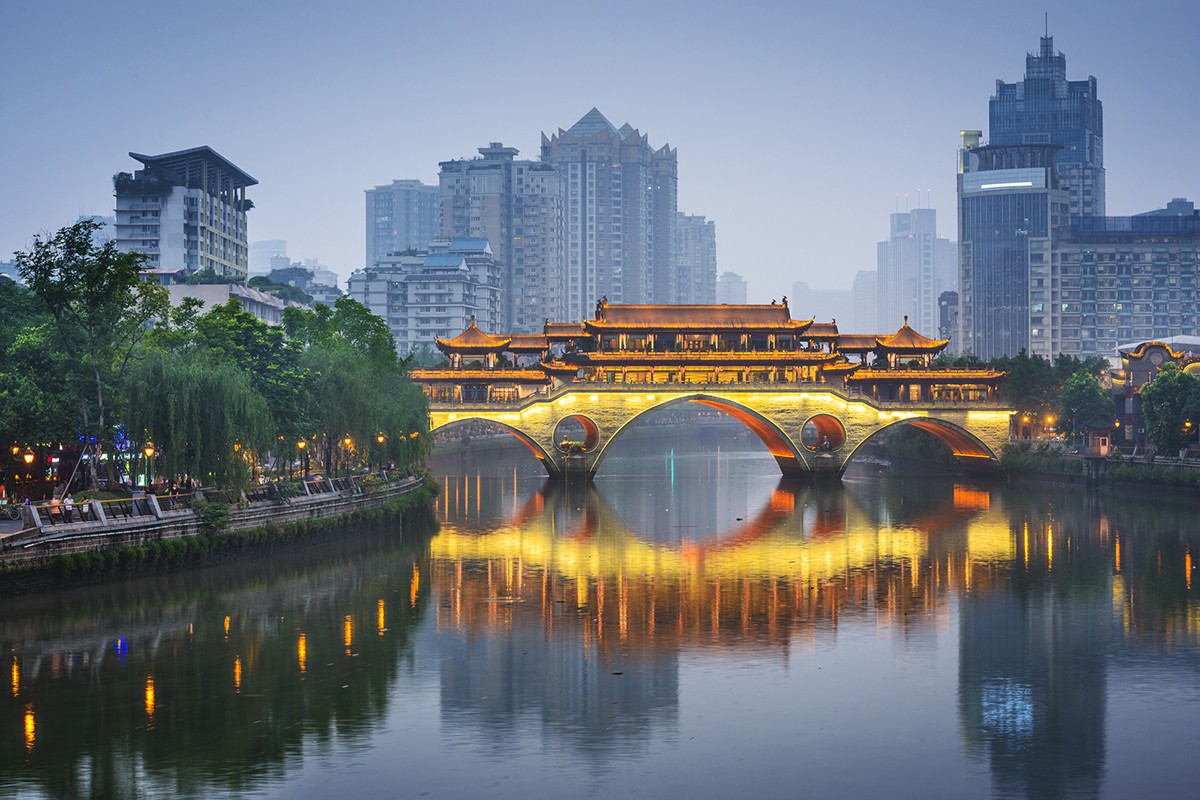
If travelling independently in China feels overwhelming, consider joining a tour.
Many companies such as China Xi’an Tour offer guided tours with English-speaking guides, which can help you navigate cultural differences and language barriers.
China Xi’an Tour offer routes all over the country and even China Silk Road Tours, which is by far the easiest way to see this region.
Carry a business card of your hotel
Always have a business card of your hotel with the address in Mandarin.
This is useful for showing taxi drivers or asking for directions if you get lost.
Many hotel staff will gladly provide this upon check-in, and it can be a lifesaver in unfamiliar areas!
Dress modestly when visiting temples
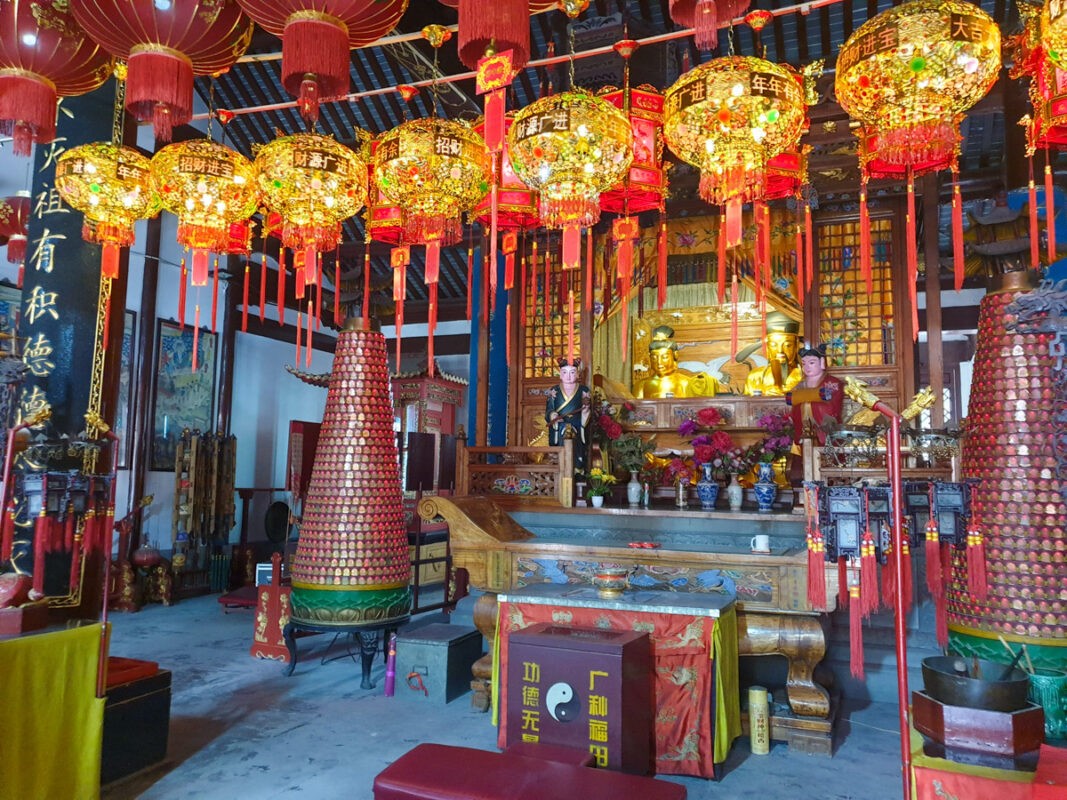
When visiting temples and religious sites, dress modestly to show respect.
This usually means covering shoulders and knees.
Also, make sure that you follow any rules regarding photography and conduct.
The same goes for visiting mosques in Western parts of China, such as the Silk Road city of Xi’an – women usually need to cover their arms, legs and hair.
Always drink bottled water
Tap water in China is not safe to drink, so always opt for bottled water or pack a Water-to-Go bottle, which purifies water. I’ve used one all over China and it worked a treat.
Summers in China can be roasting, so be sure to stay hydrated!
Visit tourist sites early to avoid crowds

Popular tourist sites can get extremely crowded, especially during weekends and public holidays.
Plan your visits early in the morning or later in the afternoon to avoid peak hours.
Booking tickets online in advance can save time and help manage crowd levels. I often use Get Your Guide for tour bookings.
Download a reliable VPN
China has strict internet controls, and many popular websites and apps are blocked.
Download and set up a reliable VPN (Virtual Private Network) before your trip to access these sites.
Ensure the VPN is tested and functional before arriving in China. I use SurfShark.
Pack layered clothing

China’s diverse climate means you need to pack accordingly – as the trains are so rapid, you’re more likely to travel between climates here than in other countries.
Layered clothing is practical for varying temperatures, whether you’re in the cold northern regions or the hot and humid south.
Comfortable walking shoes are also essential for exploring cities and historical sites.
Use Alipay or WeChat Pay
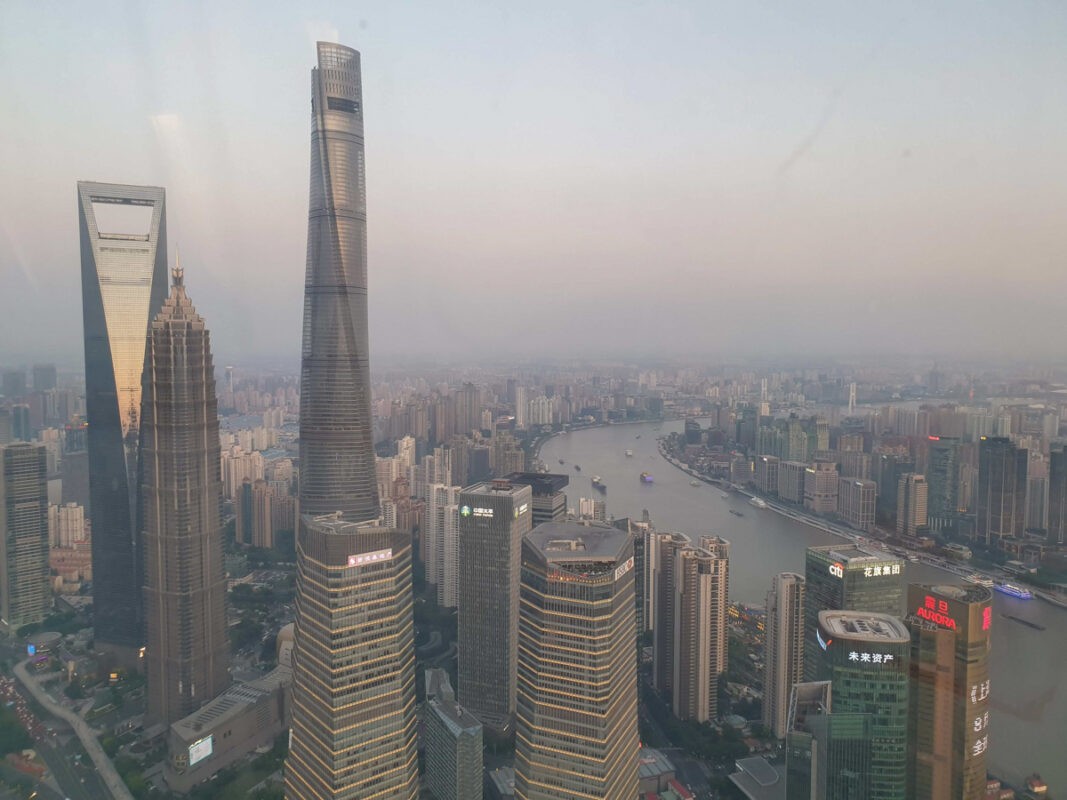
Mobile payment methods like Alipay and WeChat Pay are ubiquitous in China.
While these typically require a Chinese bank account, some vendors accept international credit cards linked to these apps.
Familiarise yourself with these platforms to ease transactions.
Use a map app for navigation
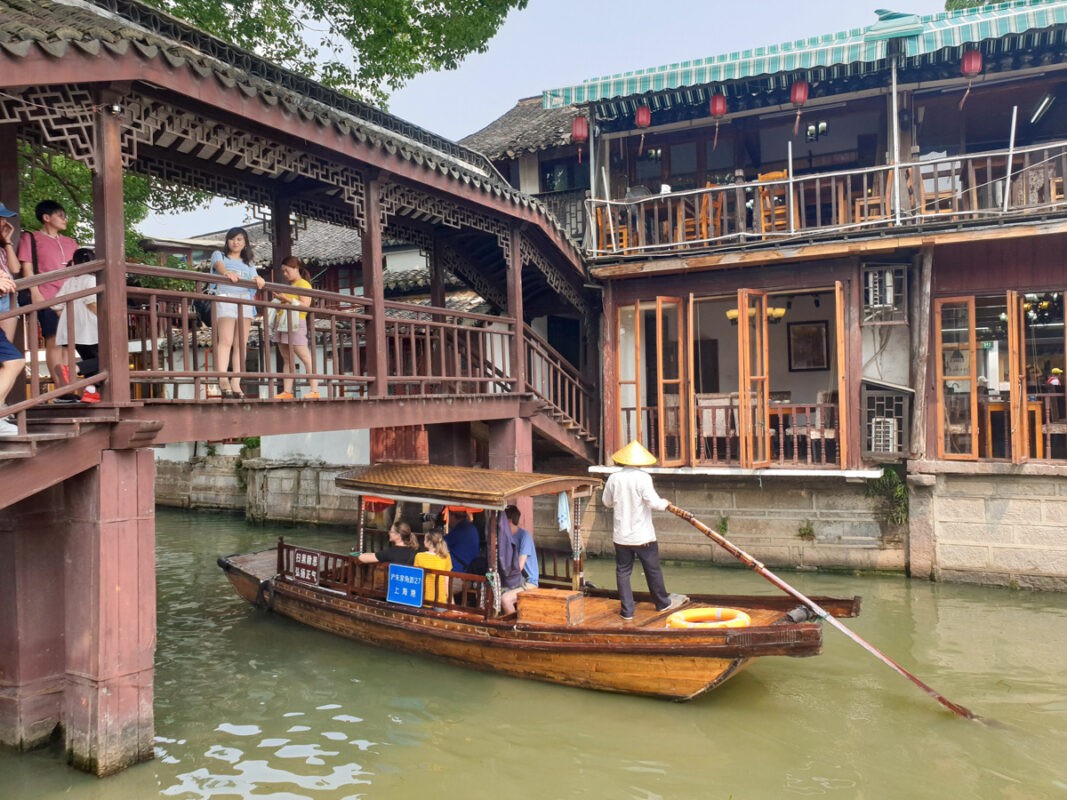
Download a reliable map app like Baidu Maps or Google Maps for navigating cities and finding attractions.
Baidu Maps offers detailed local information and works well in China. Google Maps can sometimes malfunction! I also like Maps.Me which works well for offline maps.
Try local SIM cards for better connectivity
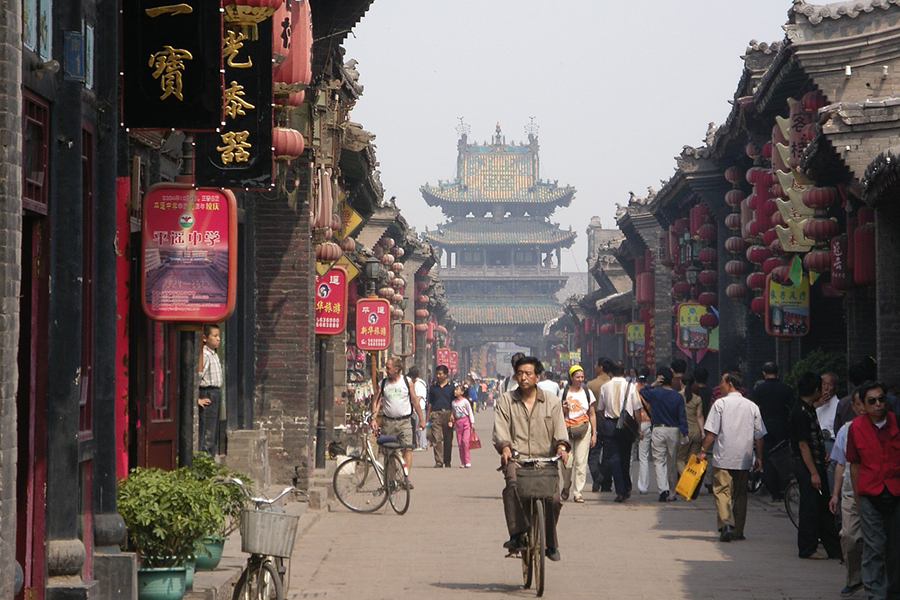
Purchase a local SIM card to ensure you have reliable internet and call service during your stay.
Chinese telecom providers like China Mobile, China Unicom, and China Telecom offer various prepaid plans. Many bloggers recommend Airalo e-sims, but packages with them can be pricey!
Having local connectivity can be essential for using apps, maps and communicating with locals.
Carry tissue or wet wipes
Toilet paper isn’t always provided in toilets in China, as locals use bidets to clean instead. So pack your own when you’re out and about. Hotels all have western-style toilets, but some restaurants and gas stations etc. may have squat toilets only.
Write any dietary requirements in Chinese
If you have dietary restrictions, it’s helpful to have them written in Chinese to communicate effectively at restaurants.
For example, if you’re vegetarian, you can write “我不吃肉” (wǒ bù chī ròu), meaning “I don’t eat meat.” Do, however, be aware that “meat” in China usually only refers to red meat and you may still be served chicken or even pork!
If you’re very strictly vegetarian, there are plenty of vegetarian and vegan restaurants on HappyCow in most large cities.
If you’re gluten-free, be mindful that soy sauce is in many dishes.
Don’t forget to get out into nature

From the karst mountains of Guilin to the scenic lakes of Jiuzhaigou, China’s a place of surreal natural beauty.
So while the country is more famous for its urban metropolises, take the time to explore some of these natural wonders too. They’re a wonderful, refreshing break!
Carry your passport if you take any trains or transport out of a city
Always carry your passport when travelling between cities, even if you’re just going for a day trip.
Passports are required for purchasing train tickets and passing through security checks. A photocopy won’t do for this instance.
Carry a copy of your passport around with you at all times
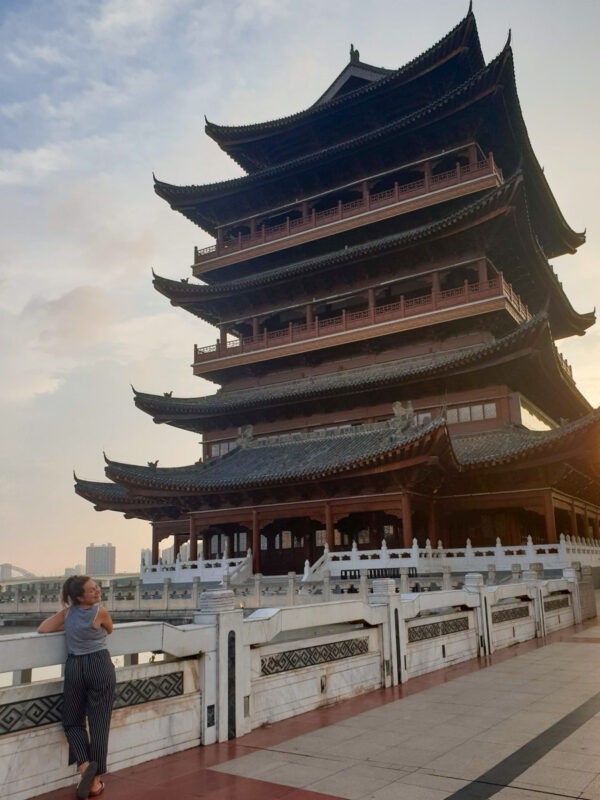
When you’re walking around a city, carry a photocopy or digital copy of your passport with you. Technically, you’re supposed to have your passport on you at all times, but I’ve always been too concerned about losing it and have found a copy to suffice.
Get chatting to people
Many younger Chinese people speak good English and enjoy practising with foreigners, so don’t hesitate to strike up a conversation!
I’ve had some great chats on Chinese trains and even in the streets; the English-speaking locals in China are amongst the friendliest I’ve met anywhere in the world.
Wear a face mask if you feel unwell
Wearing a face mask if you’re feeling unwell is a common practice in China to prevent spreading illness (it was practised long before the pandemic).
Masks are readily available and widely accepted, so if you’re bunged up, coughing or sneezing, using one shows consideration for others and helps maintain public health.
Tipping is not usually necessary
Tipping is not a common practice in China and is often not expected.
In restaurants, hotels, and taxis, service charges are typically included in the bill.
But if you receive exceptional service, a small tip is appreciated but not obligatory.
Don’t visit popular sites during a Chinese public holiday
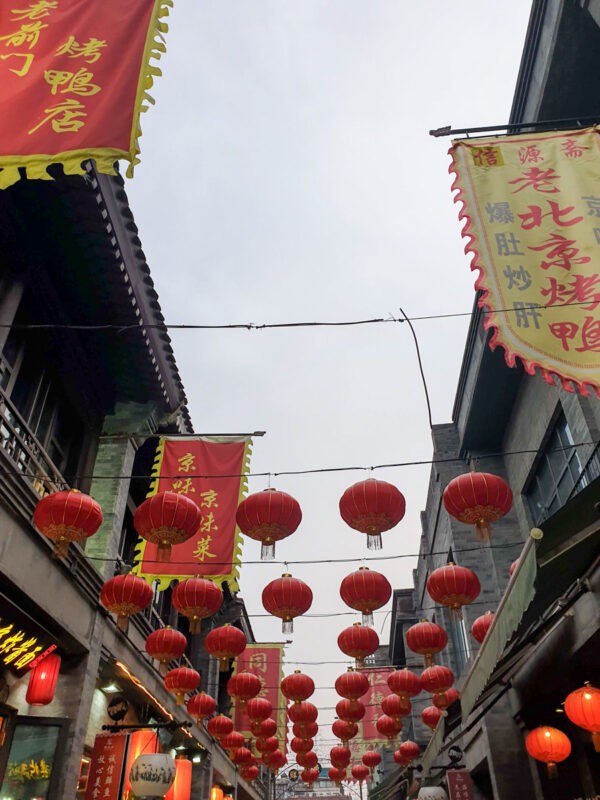
Avoid visiting major tourist attractions during Chinese public holidays like Chinese New Year (usually in February) or National Day (1st October).
These times see massive domestic travel surges, leading to overcrowded sites and longer wait times.
If you do happen to be in China these times of year, try to do something a bit more low-key!
Are you ready to visit China?

China is one of my favourite places to travel to. While the country can seem a little overwhelming at first, I’ve always found it easy to get to grips with, thanks to a little know-how of the culture and customs. And I’m sure you’ll love it too!

